Monitoring populations of polar and deepwater fish can be challenging due to their remote and often inaccessible habitats. A new study used a non-invasive analysis of environmental DNA in seawater samples to learn about several species of fish off the coast of Southwest Greenland. The researchers then compared eDNA analysis results to catch data by […]
Tag: oceanography
Top predators protecting trapped ocean carbon
Over-harvesting top level predators from the oceans and coastal habitats could have far-reaching consequences on the carbon cycle and diminish our ability to offset climate change. Coastal vegetation, such as seagrasses and mangroves, are more efficient at capturing and storing carbon than tropical rainforests, and account for more than half of the ocean’s carbon storage […]
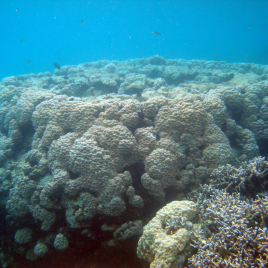
As the sea rises, Porites coral grows, until now
Around the island nation of Palau, in the Pacific Ocean, Porite coral growth may be able to ‘keep up’ with projected sea-level rise – but only if reefs are well managed and greenhouse gas concentrations are curbed, suggest international researchers. Porites are natural storm barriers and their loss would result in island and habitat loss […]
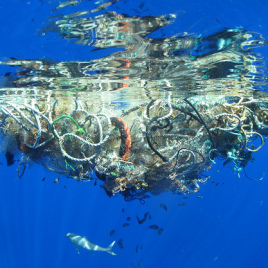
Thousand tons of plastic floating in the oceans
At least 269,000 tons of plastic pollution could be floating in the world’s oceans, according to a new study. Researchers collected small, floating plastic particles across the Atlantic, Pacific and Indian Ocean as well as off the coast of Australia, in the Bay of Bengal, and the Mediterranean Sea between 2007 and 2013. They then […]
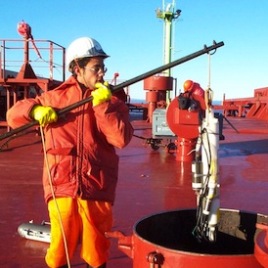
How risky is ballast water?
Many invasive species – e.g. zebra mussels – hitch a ride across oceans in ships’ ballast water, but a new study shows that some trips may pose more risk than others. Researchers sampled ballast water each day as ships crossed the ocean and discovered that invasive species are more likely to survive a shorter trans-Atlantic […]
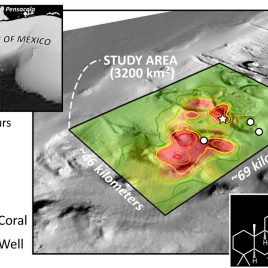
Deepwater Horizon: soiled ocean floor
After the 2010 Deepwater Horizon incident, the fate of around two million barrels of oil out of the five million barrels released in the Gulf of Mexico was uncertain. R esearchers now estimate that much of these two million barrels has settled on the ocean floor around the well at a depth of 1.5 km. They looked […]
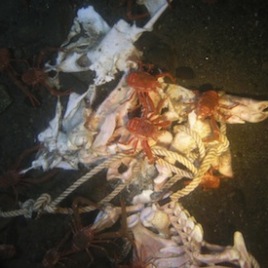
Dissolved oxygen is key for underwater forensics
A new study indicates that dissolved oxygen has a big impact on how bodies decay underwater, a finding that could help in forensic investigations. Researchers deployed three pig carcasses outside the Victoria Experimental Network Under the Sea (VENUS), a cabled underwater laboratory with underwater cameras and sensors to record oxygen levels, temperature, pressure, salinity, density […]
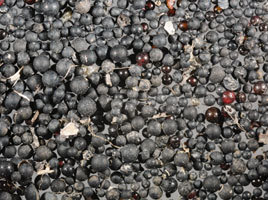
Microplastic pollution found in the St. Lawrence River
Concentrations of microplastic particles in the St. Lawrence are as high as has been observed in the world’s most contaminated marine sediments, a new study shows. This is also the first time such pollutants have been found in freshwater sediments. The authors dug up microplastics (in the form of polyethylene ‘microbeads’, <2 mm diameter) from the […]
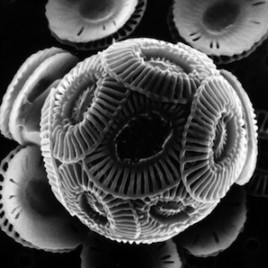
Phytoplankton produces its own vitamins
A type of phytoplankton found all over the world appears to be able to survive without external supplies of vitamin B1, leading to a re-thinking of how the vitamin controls growth and carbon uptake in the global oceans. The availability of nutrients and vitamins in the ocean is a key limiting factor controlling blooms of phytoplankton, […]
Mercury is rising in the oceans
Mercury levels in the ocean have more than tripled in some regions as a result of human activity, a new study reports. Researchers measured mercury levels during several recent expeditions to the Atlantic, Pacific, Southern and Arctic oceans. The research team found that mercury content of surface water had three times the amount of mercury compared […]
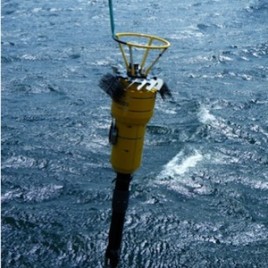
Wind in Southern Ocean influences mixing of the deep ocean
A new study shows that winds in the Southern Ocean near Antarctica influence the rate at which deep ocean waters – which act as a key reservoir for heat, carbon and nutrients – mix with the shallower waters above them. Using data from 20 years worth of satellite and probe-based measurements, researchers mapped out how […]
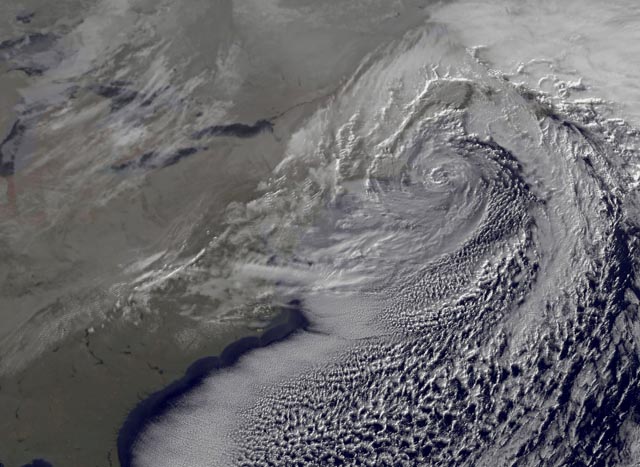
Atlantic temperatures could help explain colder winters
The extreme cold weather observed across Europe and the east coast of the US in recent winters could be partly due to a natural, long-term pattern of warming and cooling Atlantic waters, known as the Atlantic Multidecadal Oscillation (AMO). Earth scientists have shown a connection between this pattern and changes in atmospheric circulation that allow […]

Ocean Sciences in Canada | Webinar recording
Ocean Sciences in Canada – November 6, 2013 Canada is bordered by three oceans and boasts more coastline than any other country. Oceans have shaped our history and our economy, but do we have the tools we need to address current and future issues in ocean science research in an era of unprecedented change? Can […]

IPCC 5th Assessment, Working Group I – The Physical Science of Climate Change | Webinar recording
IPCC 5th Assessment, Working Group I – The Physical Science of Climate Change – September 27, 2013 The summary for policy makers from the Intergovernmental Panel on Climate Change (IPCC) was released on Friday September 27 morning at a meeting in Stockholm. In it, scientists present the latest assessment on the science of global climate […]

Shrinking Arctic sea ice | Webinar recording
Shrinking Arctic sea ice – September 12, 2012 Arctic sea ice is melting faster and more extensively than ever recorded in three decades of satellite measurement – and it’s not done yet. Data released from the National Snow and Ice Data Center says that sea ice area is now less than four million square kilometres – about […]
